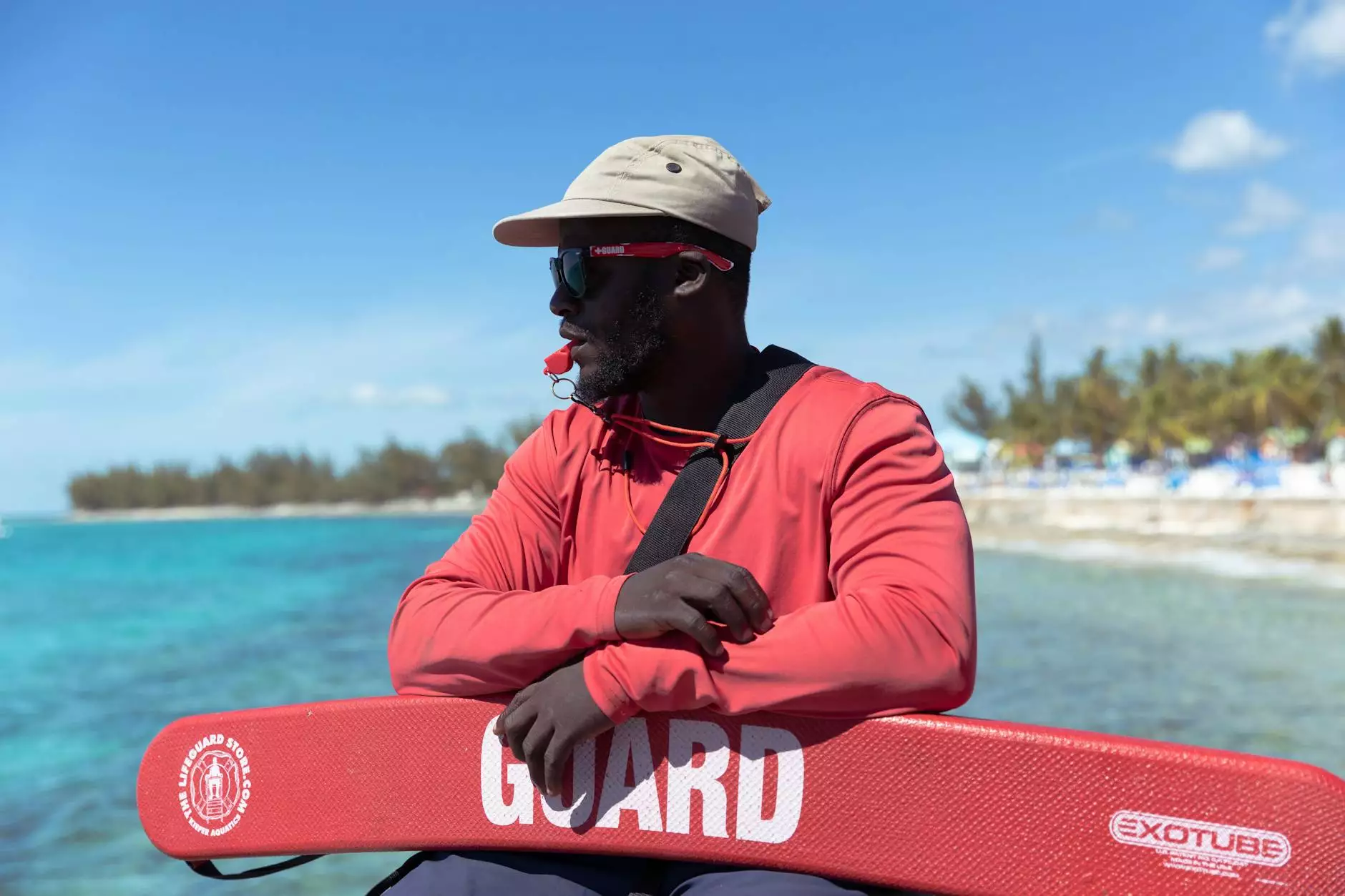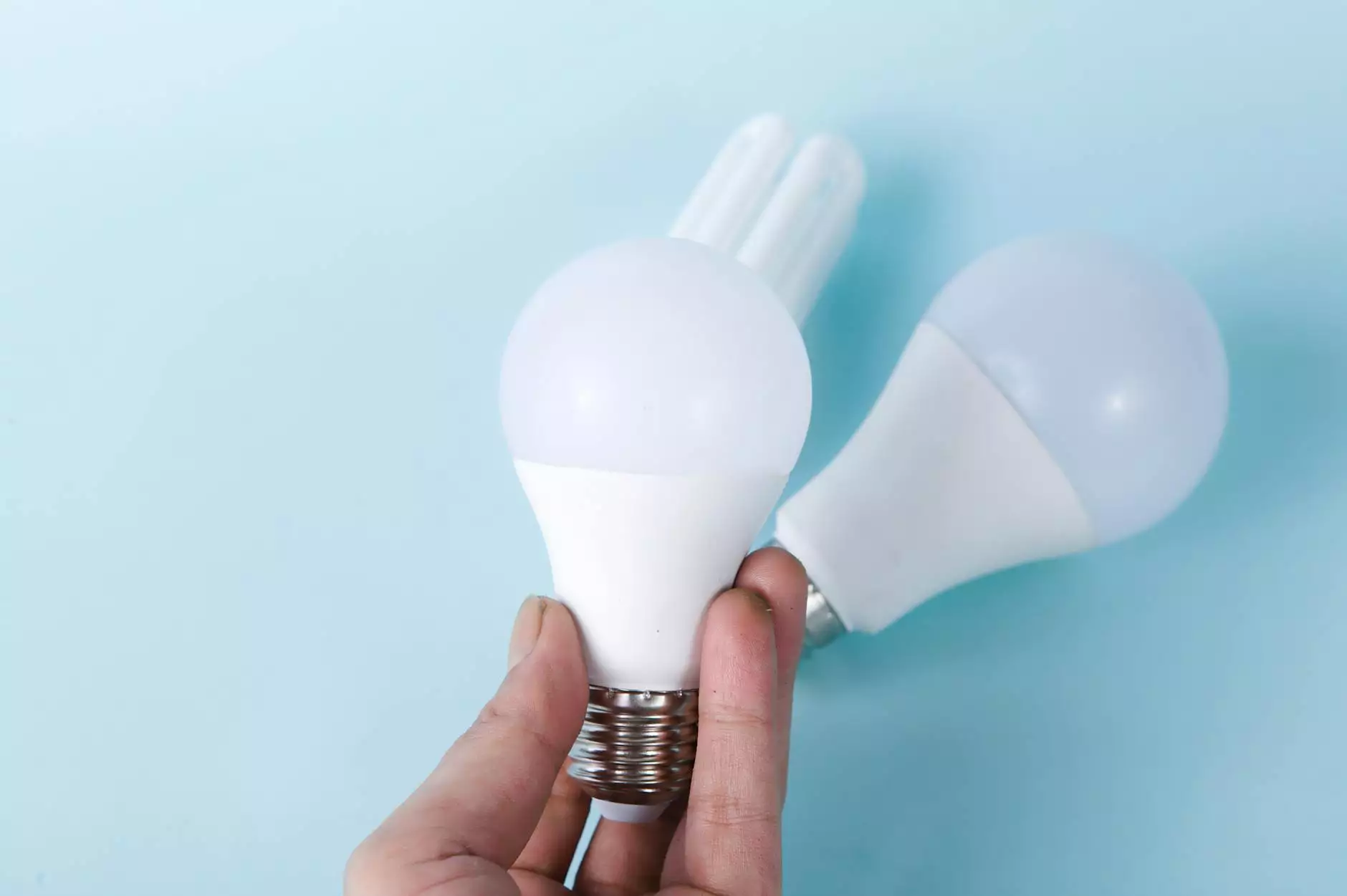Buying Dive Gear: Your Ultimate Guide to Aquatic Adventures

Are you ready to plunge into the exhilarating world of diving? Buying dive gear is not just a shopping experience; it’s a ticket to explore some of the most breathtaking underwater landscapes. From vibrant coral reefs to fascinating shipwrecks, having the right equipment is vital for both safety and enjoyment. This guide will walk you through everything you need to know about purchasing the best dive gear, ensuring you make informed decisions.
Understanding Your Diving Needs
Before embarking on your journey to buy dive gear, it’s essential to evaluate your diving needs. Are you a beginner, or are you a seasoned diver looking for upgrades? Here are some points to consider:
- Experience Level: Your current skill level will significantly influence what gear you require.
- Type of Diving: Are you interested in recreational diving, technical diving, or commercial diving? Each requires different gear.
- Location: The diving conditions (temperature, current, depth) affect gear selection.
Essential Dive Gear Components
The world of diving gear can be overwhelming due to its vast array of options and specialized equipment. Here are the essential components to consider when buying dive gear:
Dive Suit
A dive suit is crucial for thermal insulation and protection against aquatic life. Choose between:
- Wetsuits: Best for warmer waters; made from neoprene, providing insulation.
- Drysuits: Ideal for cold water diving; keeps you dry and retains heat, often used in deeper dives.
Regulators
Regulators are vital for delivering breathable air from your tank. Look for:
- Single Stage vs. Two Stage: Two-stage regulators offer better performance, especially in cold temperatures.
- Integrated vs. Non-Integrated: Integrated systems combine buoyancy control and air delivery.
Buoyancy Control Device (BCD)
A BCD assists you in maintaining buoyancy underwater. Consider features such as:
- Size and Fit: Ensure a snug fit for maximum comfort and control.
- Lift Capacity: Assess your needs based on the type of diving you will do.
Dive Computer
A dive computer is an essential modern tool for monitoring depth, time, and no-decompression limits. Choose one that has:
- Multiple Functions: Look for features like ascent rate and oxygen management.
- Gas Mix Capabilities: Important for technical divers using different gas mixtures.
Buying Quality Dive Gear
When it’s time to buy dive gear, quality should be your priority. Here are some tips to ensure you purchase reliable equipment:
Research Reputable Brands
Look for brands known for their safety and durability. Brands like Scubapro, Aqualung, and Mares have a solid reputation in the diving community. Don’t hesitate to ask for recommendations from fellow divers or instructors.
Consider Used vs. New Gear
While new gear comes with warranties and the latest technology, used gear can be a cost-effective option. When considering used gear:
- Inspect Condition: Look for signs of wear and tear.
- Check Service History: Ensure that equipment has been properly maintained.
Try Before You Buy
If possible, test the gear before making a purchase. Many dive shops offer rental equipment or have demo days. This will allow you to assess comfort and fit in real-world conditions.
Where to Buy Dive Gear
As you embark on your gear-buying journey, you have several options:
Local Dive Shops
Local dive shops, like those associated with infinitydive.com, provide a customized shopping experience. Pros include:
- Expert Advice: Knowledgeable staff can provide recommendations specific to your needs.
- Hands-on Experience: You can try on gear and receive personalized fittings.
Online Retailers
Online shopping offers convenience and often competitive pricing. When buying online:
- Check Customer Reviews: Look for extensive feedback on products.
- Verify Return Policies: Ensure you can return gear if it doesn’t meet your expectations.
Second-Hand Online Marketplaces
Websites like eBay and specialized dive gear forums can be excellent places to find deals. However, ensure you:
- Research the Seller: Look for feedback and ratings from previous buyers.
- Ask Questions: Inquire about the condition, age, and usage of the equipment.
Maintaining Your Dive Gear
Once you’ve made your purchase, proper maintenance will extend the lifespan of your gear. Here are some essential tips:
Rinse After Use
Always rinse your equipment with fresh water after diving to remove salt and debris. This simple step can prevent damage and corrosion.
Store Properly
Store your gear in a cool, dry place, away from direct sunlight. Avoid folding or compressing your wetsuit to maintain its elasticity.
Regular Inspections
Conduct regular inspections of your gear, especially important components like regulators and tanks. Following manufacturer guidelines for servicing is crucial for safety.
Conclusion
Buying dive gear is an exciting step towards expanding your underwater adventures. By understanding your needs, researching quality equipment, and maintaining your gear properly, you’re setting yourself up for many incredible dives. Remember that infinitydive.com is here to assist you through this process, offering not only excellent gear but also fantastic dive tours and experiences that will deepen your love for the ocean.
Whatever your diving aspirations may be, investing the time in selecting the right gear will enhance your safety and enjoyment underwater. Dive into your next adventure equipped for success!
buying dive gear








